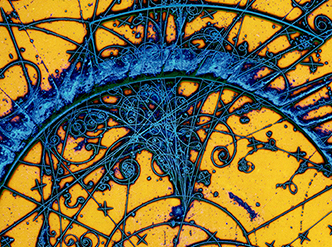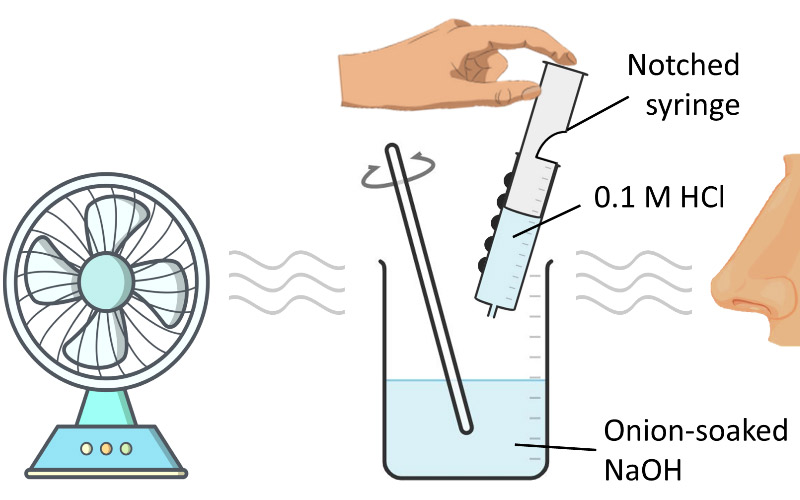
Pea-based foams for a greener cappuccino
Peas please: discover how scientists are investigating pea-based ‘milk’ foams for delicious, environmentally friendly, plant-based cappuccinos!

Article of the week
When life gives you lemons: use limonene to explore molecular properties with your students and show them the scientific method in action.
Read more
Peas please: discover how scientists are investigating pea-based ‘milk’ foams for delicious, environmentally friendly, plant-based cappuccinos!

Starstruck: with just water, sunlight, and simple equipment, students can use their physics knowledge to calculate the temperature of the Sun.

Explore how researchers investigate artworks without damaging them and reveal hidden information in paintings by using different wavelengths of light!
We cover a wide range of scientific topics and many articles are additionally available as translations in different European languages.

Explore cutting-edge science and real-world applications.

Discover projects, people, and resources.

Find ideas and teaching materials for classroom activities.
Articles from previous issues

Identify tracks of subatomic particles from their ‘signatures’ in bubble chamber photos – a key 20th century technology for studying particle…

Dean Madden from the National Centre for Biotechnology Education at the University of Reading, UK, describes how DNA was discovered - and how it can…

Discover simple adaptations to apparatus and experiments that make practical chemistry more accessible to students with vision impairment.
Do you have an engaging classroom activity to share with other teachers? Is there an interesting scientific topic that you could explain to STEM teachers and their students? We welcome submissions from teachers and scientists.
Would you like to help ensure that our content is interesting, inspiring and useful to STEM teachers? Consider joining the Science in School teacher reviewer panel. There is no obligation; just send us an email to express your interest.
If you find an article interesting or useful, perhaps you'd consider translating it into your native language? This really helps to increase the reach of our content so that as many teachers as possible can benefit from it.